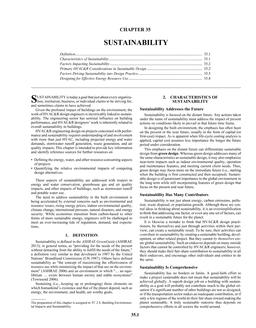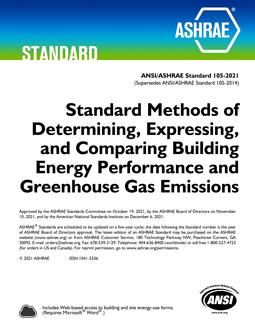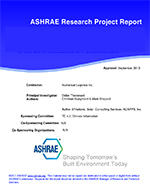Click here to purchase
In the United States, approximately 40% of the primary energy use and 72% of the electricity use belong to the building sector. This shows the significance of studying the potential for reducing the building energy consumption and buildings’ sustainability for ensuring a sustainable development. Therefore, many different efforts focus on reducing the energy consumption of residential buildings. Data-validated building energy modeling methods are among the studies for such an effort, particularly, by enabling the identification of the potential savings associated with different potential retrofit strategies. However, there are many uncertainties that can impact the accuracy of such energy model results, one of which is the weather input data. In this study, to investigate the impact of spatial temperature variation on building energy consumption, six weather stations in an urban area with various urban density were selected. A validated energy model was developed using energy audit data and high-frequency electricity consumption of a residential building in Austin, TX. The energy consumption of the modeled building was compared using the selected six weather datasets. The results show that energy use of a building in an urban area can be impacted by up to 12% due to differences in urban density. This indicates the importance of weather data in predicting energy consumption of the building. The methodology and results of this study can be used by planners and decision makers to reduce uncertainties in estimating the building energy use in urban scale.
Citation: 2020 Virtual Conference Papers
Product Details
- Published:
- 2020
- Number of Pages:
- 9
- Units of Measure:
- Dual
- File Size:
- 1 file , 2.4 MB
- Product Code(s):
- D-VC-20-C010


